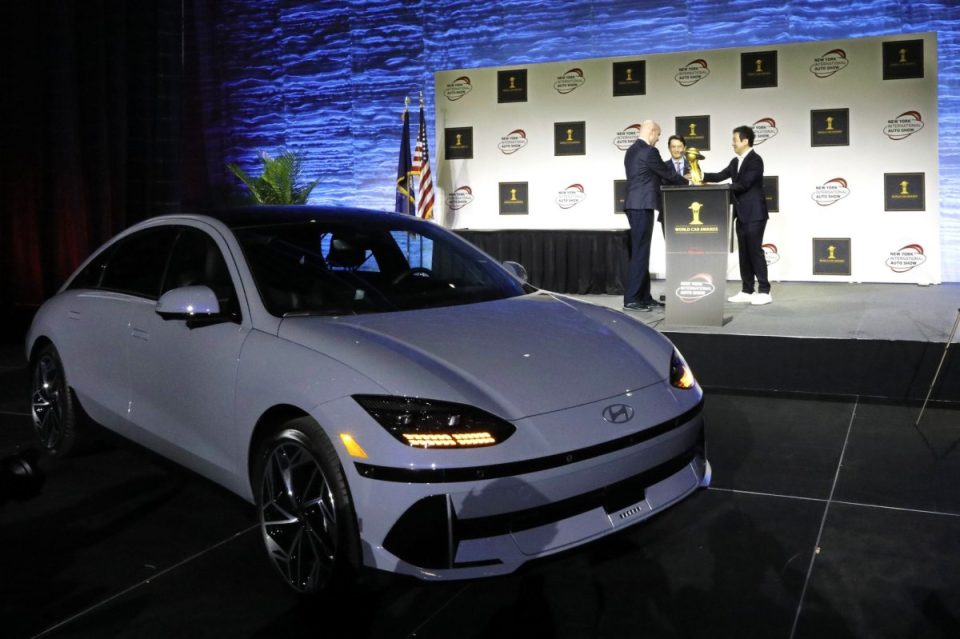Hyundai Motor Group, the South Korean automotive giant, is set to announce a significant $20 billion investment in the United States, a move aimed at expanding its manufacturing footprint and mitigating the impact of potential tariffs. The announcement, as reported by CNBC, is expected to be made on Monday by Hyundai Chairman Euisun Chung, alongside President Donald Trump and Louisiana Governor Jeff Landry.
A substantial portion of this investment, $5 billion, will go toward building a state-of-the-art steel manufacturing facility in Louisiana, according to CNBC. This plant will produce advanced steel for Hyundai’s electric vehicles (EVs) manufactured in the U.S. and is expected to create approximately 1,500 jobs. The steel produced will support Hyundai’s growing EV operations, including its production facilities in Alabama and Georgia.
Hyundai already manufactures several vehicle models at its Montgomery, Alabama, factory and recently began producing electric SUVs at its plant near Savannah, Georgia. Kia, also part of the Hyundai Motor Group, operates a facility in West Point, Georgia, where it produces both electric and gas-powered vehicles. The company is reportedly planning to establish an additional automotive plant in Georgia as part of this investment.
This bold move comes as the U.S. government under President Trump has introduced a series of tariffs on foreign steel and aluminum imports, with plans for broader “reciprocal” tariffs targeting specific sectors like automotive manufacturing. These measures have pressured global companies to localize their operations to avoid steep import duties.
Hyundai’s decision aligns with a broader trend among international corporations seeking to bolster their U.S. presence amid trade uncertainties. Companies such as SoftBank, Taiwan Semiconductor Manufacturing Company (TSMC), and Apple have recently announced significant U.S. investments at White House events. For Hyundai, this investment reflects a strategic effort to localize production and shield its operations from potential trade disruptions.
Hyundai has been ramping up its focus on electric vehicles in the U.S., where it competes directly with Tesla. The company’s Georgia plant is set to increase production of its all-electric Ioniq 5 and Ioniq 9 models, as well as hybrid vehicles. José Muñoz, CEO of Hyundai Motor Co., recently emphasized that localizing production is the most effective way for the company to manage tariffs while meeting growing demand for EVs in the U.S..
The new Louisiana steel plant will play a pivotal role in supporting these efforts by supplying next-generation materials tailored for EV manufacturing. This approach not only strengthens Hyundai’s supply chain but also positions the company as a key player in the rapidly evolving U.S. EV market.
Hyundai’s $20 billion investment underscores its commitment to deepening ties with the U.S. market while adapting to shifting trade policies. The announcement also highlights how global automakers are recalibrating their strategies amid heightened trade tensions. For instance, Honda recently scrapped plans to shift some operations from Indiana to Mexico, while Apple unveiled a $500 billion U.S. investment plan earlier this year.
Hyundai’s ambitious investment plan represents a significant step toward strengthening its position in the U.S. automotive market while addressing tariff-related challenges. By focusing on local production and expanding its EV capabilities, Hyundai aims to secure long-term growth in one of its most important markets. As global trade dynamics continue to evolve, this move could serve as a blueprint for other multinational corporations navigating similar challenges.

